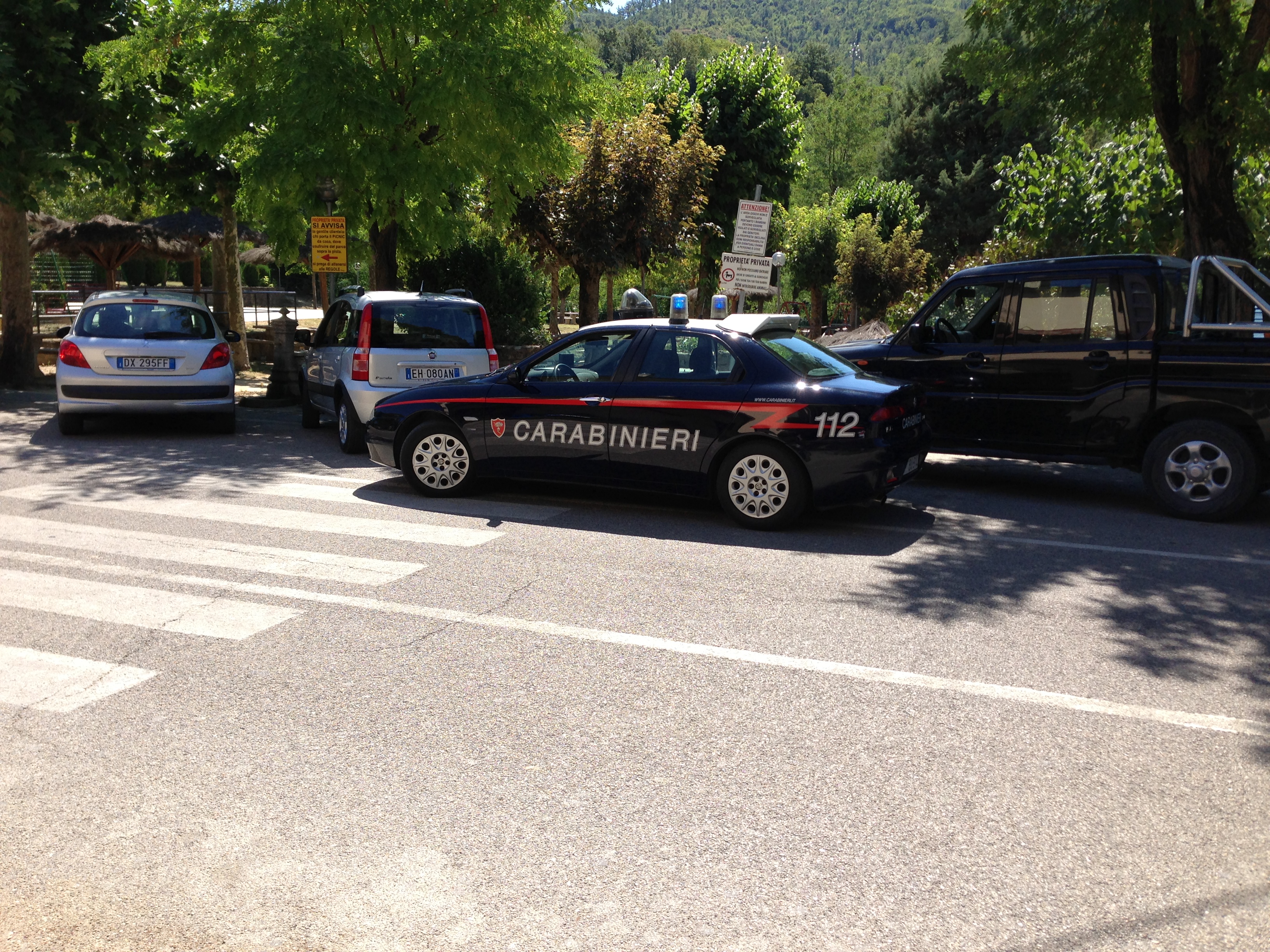As the Guardian reports below, the EU has finally taken down Italy’s pants and spanked both its cheeks for its grotesque, puerile, unprofessional and corrupt handling of the Meredith Kercher murder case. This is edifying and reminds us that the EU does perform a vital role in setting standards for its more backward members. If only, however, the EU would do more to enforce those standards in a uniform fashion.
Within Italy, the Sollecito-Knox case has led to zero change that I am aware of. Giuliano Mignini, the original narcissistic Italian magistrate-nut-job, continues to work as a public prosecutor in Perugia. No policeman, as far as I know, has been sanctioned for the many, many laws the police broke. And Italy still has no equivalent of the UK’s Police and Criminal Evidence Act (PACE, 1984), which makes collusion between courts and police very difficult by imposing a review layer between them — what in the UK is called the Director of Public Prosecutions (DPP).
Italy has every single one of the judicial and police problems that led to the passage of the PACE in the UK 35 years ago. But because Italy is presently masquerading as a country called Shitaly, it won’t get on and do the same thing.
…………………………

Amanda Knox: European court orders Italy to pay damages
The European court of human rights has ordered Italy to pay Amanda Knox €18,400 for police failures to provide her access to a lawyer and a translator during questioning over the 2007 killing of her British flatmate Meredith Kercher in Perugia.
The ruling opens the way for Knox’s lawyers to challenge her last remaining conviction, for malicious accusation, in the Italian courts.
The court, in Strasbourg, declared that Italy must pay Knox €10,400 in damages plus €8,000 to cover costs and expenses.
As well as concluding authorities had twice violated her right to a fair trial, the ECHR also found they had failed to investigate her complaints she had been subjected to degrading treatment, including being slapped on the head and deprived of sleep. The court did not, however, uphold her complaint of ill-treatment.
The 31-year-old American’s convictions for murder and sexual assault were previously overturned. She was also found guilty by an Italian court of making a malicious accusation, by allegedly suggesting someone else was guilty of the murder.
The killing of Kercher, a Leeds University European Studies student on a one-year exchange course in Umbria, generated global headlines for several years as charges of sexual assault and murder were fought through the courts – exposing Italy’s justice system to international criticism.
Knox, a language student and Kercher’s flatmate, and Knox’s Italian former boyfriend Raffaele Sollecito were initially charged with sexually assaulting and killing her. Kercher was stabbed in the neck.
The following year Knox was also charged with malicious accusation for suggesting another person should be a suspect. Italian detectives alleged she was trying to hide her responsibility for the attack by blaming someone else. Knox wants to have that conviction quashed.
Judges at the ECHR said the Italian government had failed to show that Knox’s restricted access to a lawyer had not “irreparably undermined the fairness of the proceedings as a whole”.

“Ms Knox had been particularly vulnerable, being a foreign young woman, 20 at the time, not having been in Italy for very long and not being fluent in Italian,” the court noted.
The ECHR’s decision was “not a big surprise for me because the supreme court already said there were many mistakes,” said Knox’s lawyer, Carlo Dalla Vedova. “That is one of the reasons that invited us to tell Amanda to go to Strasbourg. For me this is a certification of a mistake, probably the biggest legal mistake in the last years in Italy, also because the attention that this case has had.”
Dalla Vedova said of the malicious accusation conviction: “It is impossible to compensate Amanda for four years in prison for a mistake. There will be no amount. We are not looking for compensation of damages. We are doing this on principal.”
In 2009, Knox was convicted in an Italian court of falsifying a break-in at their Perugia flat, sexual assault, murder and defamation. She was sentenced to 26 years in prison. Sollecito was also found guilty of the attack and sentenced to 25 years.
Both appealed. In 2011, the Perugia court of appeal acquitted the pair of the more serious charges, but upheld Knox’s conviction for malicious accusation.
After nearly four years in custody, Knox was released and returned to the US. She appealed again to challenge the malicious accusation conviction. It was quashed but in 2014 she was re-convicted of both malicious accusation and murder.
The murder conviction was again annulled by the court of cassation, the country’s highest court, the following year but the malicious accusation conviction was not removed. Ivory Coast-born Rudy Guede is serving a 16-year sentence for his role in the killing.
Lawyers for Knox, who lives in Seattle, then appealed to the ECHR to overturn the last remaining conviction. They argued she was denied the right to legal assistance when first interviewed by police in 2007, was not given access to a professional or independent interpreter and that she did not receive a fair hearing.
Knox has always denied any involvement in the murder.
More:
I wrote a ton of stuff about this case while it was going on. It ought to all be under the ‘Italy to avoid’ tab














